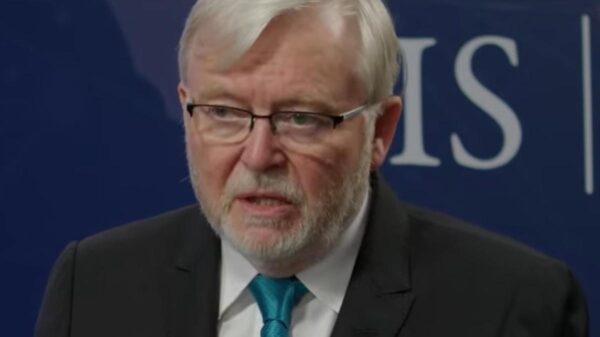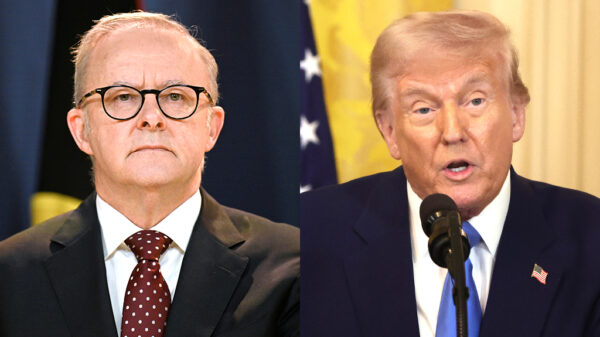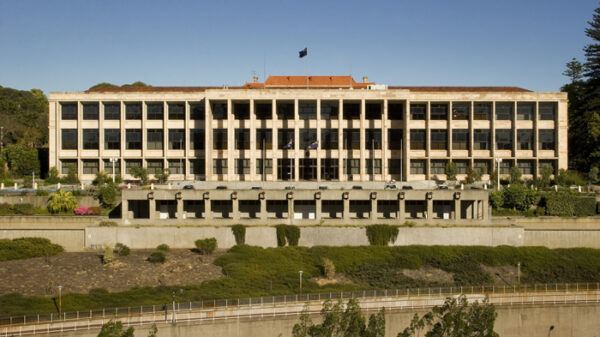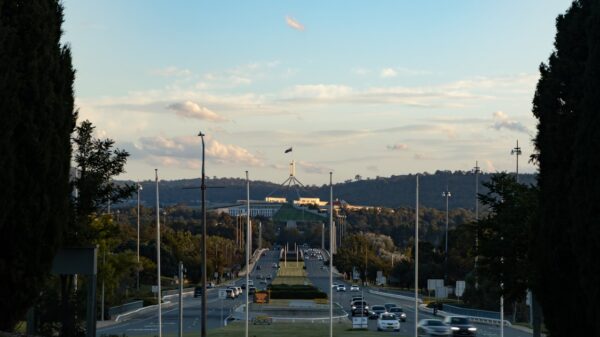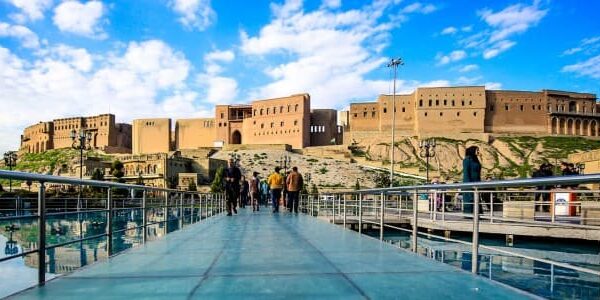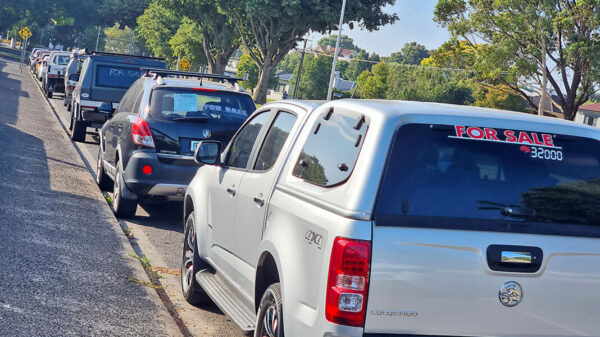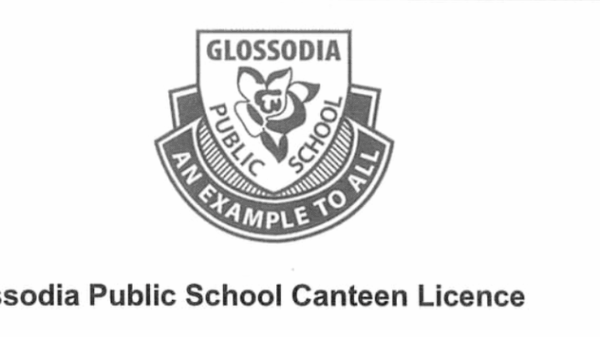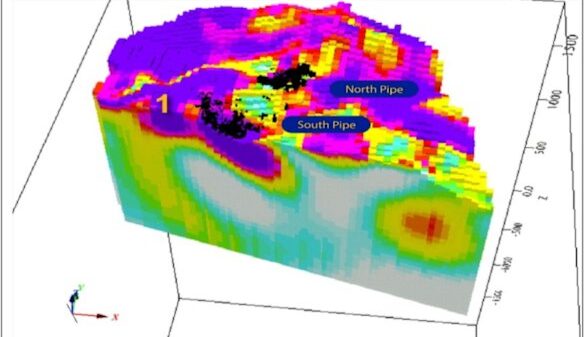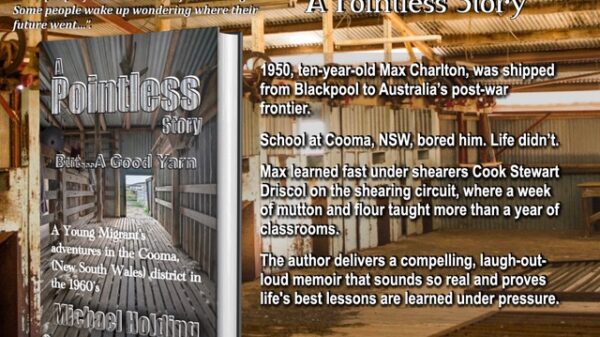BREAKING: Albury Council is facing a significant budget crisis, with consultants proposing the introduction of parking meters as a potential solution to address a staggering $27 million deficit. This urgent plan was revealed during a council briefing on October 20, 2023, led by Sydney-based consultancy firm Morrison Low, aiming to achieve a financial break-even by 2027-28.
The report outlines bold strategies that could generate up to $20 million in financial improvements. Key proposals include raising fees at local cemeteries, reducing playground services, and enhancing revenue from Albury Airport. The most contentious suggestion, the installation of parking meters, is projected to bring in $4 million in revenue, alongside $880,000 from leasing multi-storey car parks and $700,000 from increasing fines for parking violations.
During the session, Melissa Gibbs, an associate director at Morrison Low, stressed that while the paid parking initiative may spark considerable debate, it is a necessary consideration for the council. She noted that the plan could “arguably cause the most conversation” and might adversely affect local businesses if not managed carefully.
Deputy Mayor Jess Kellahan expressed her concerns, predicting “immense backlash” from residents. This sentiment echoes recent events in Wangaratta, where community opposition led to a petition against similar parking measures. Gibbs acknowledged that while introducing parking fees is typically unpopular, it has been successfully implemented by councils in regions like Shepparton and Tamworth.
Amid the council’s fiscal challenges, $560,000 could be raised by increasing cemetery fees, with an additional $300,000 potentially generated from Albury Airport by aligning its operational model with other regional centres. Although leasing out the airport presents a longer-term solution, it may not fit within the immediate 2027-28 timeframe.
Gibbs outlined that significant savings of $4.1 million could be realized by reducing internal service levels, which would affect customer service, staff wellbeing expenditures, and other operational facets. However, councillor Alice Glachan pointed out the unique situation in Albury, where the proximity to Wodonga—a city without parking meters—could complicate the community’s reception of the proposals.
The report will be formally presented to the council in November, followed by a call for public feedback. With the community’s response still uncertain, the council faces a critical juncture as it seeks to address its financial woes and maintain public trust.
As discussions unfold, residents and stakeholders are urged to stay informed and actively participate in the upcoming consultations. The council’s ability to navigate these challenges will significantly impact the future of Albury and its services. Stay tuned for further updates as this developing story progresses.






